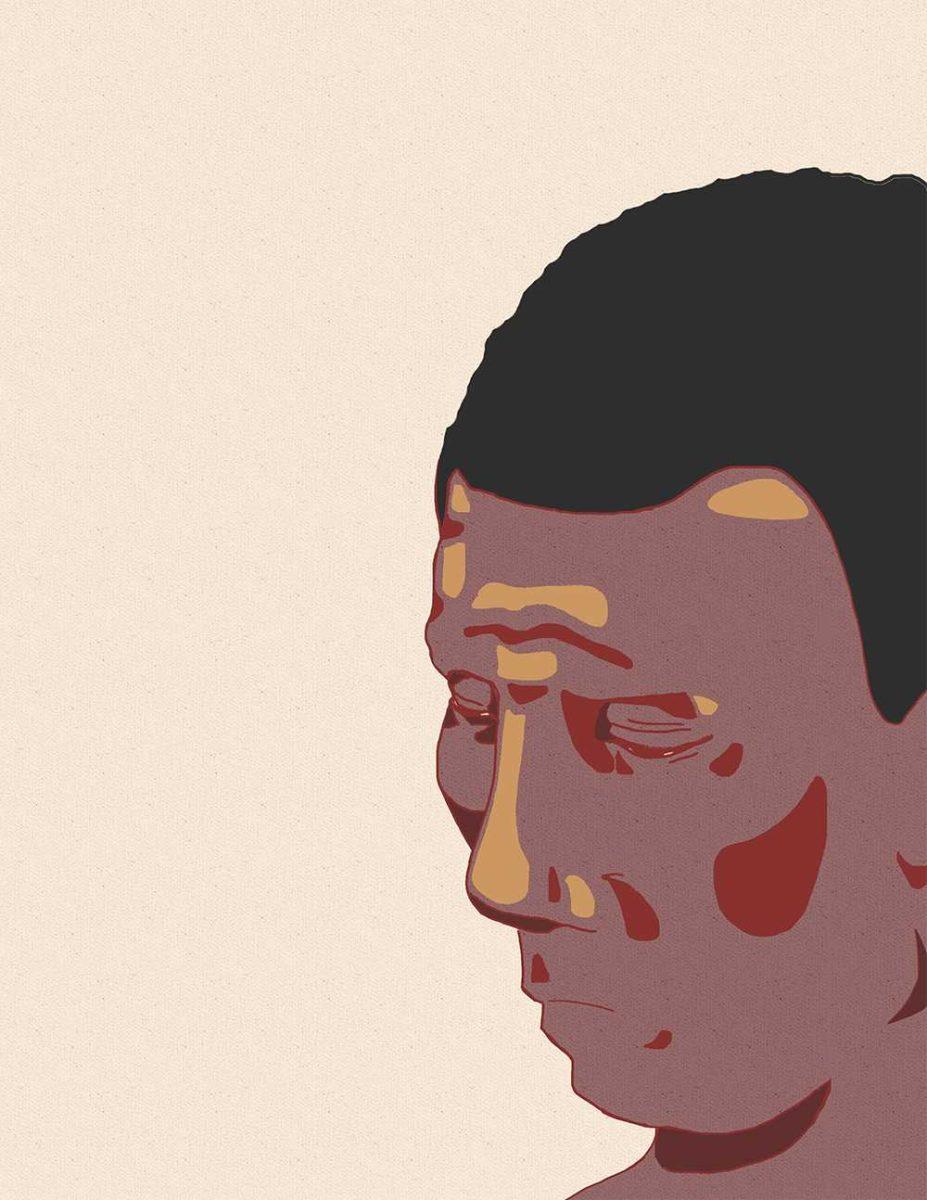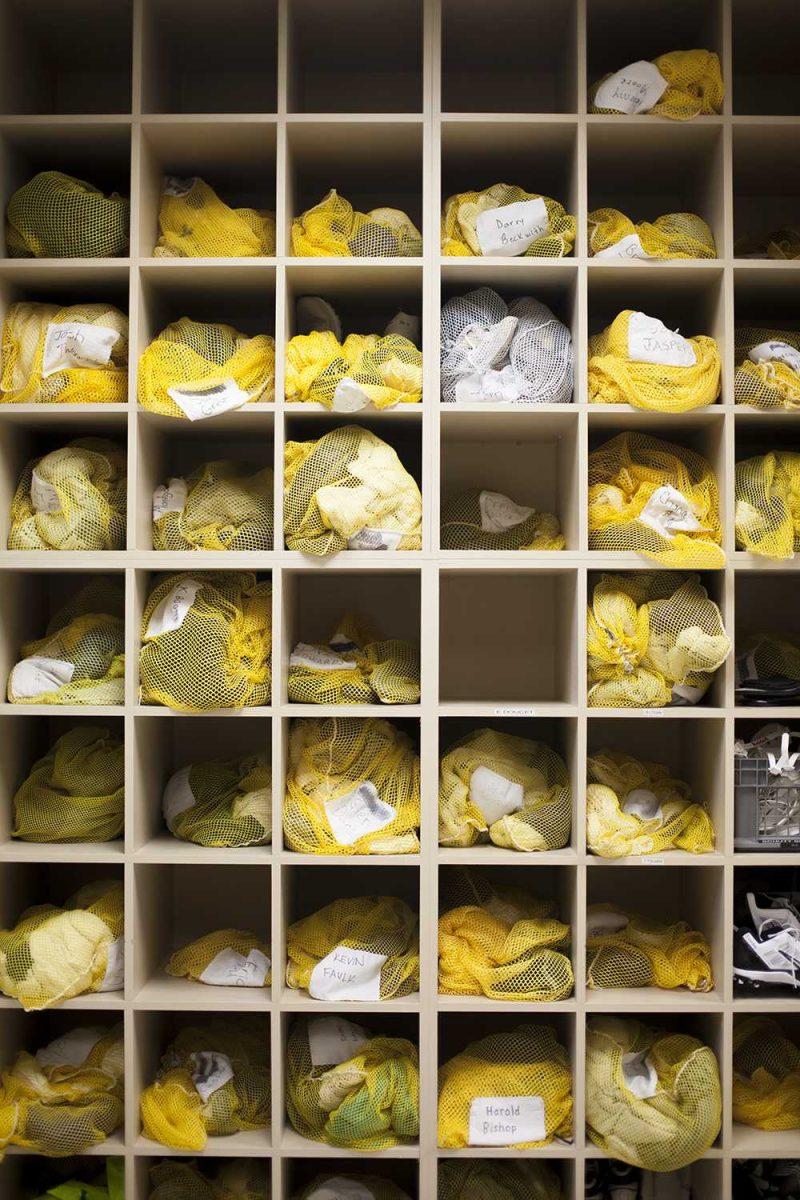Award-winning writer Christine Miserandino developed the Spoon Theory while trying to explain to a friend what it was like to live a single day as a Lupus patient. Miserandino used a bouquet of spoons to represent the amount of energy she is allotted each morning.
After each step in her day, a spoon was taken from the bunch. Simple tasks like getting out of the bed required the use of one spoon. Factors such as bruises, fever chills and aching hands had to be considered when getting dressed. She explained that people with a chronic illness need to have reserve spoons for evening tasks such as eating dinner or getting ready for bed.
One LSU spoonie has lost countless friends because of her struggle with Crohn’s Disease. They don’t know that she silently suffers each day and had to cancel a lunch date because she was in too much pain to move.
Painting and drawing major Olivia Toney, 21, was diagnosed with Crohn’s disease at 19 years old. A spoonie is someone living with a chronic, tiring and most likely painful illness. She said her constant abdominal pain comes in waves of intensity.
“There are some days when it’s really debilitating to where I’ll just be really sluggish and I honestly can’t get out of bed,” Toney said.
Sometimes we take for granted our ability to go to school and have enough energy to simply make it through the day; never thinking that the person sitting next to us may only have a couple spoons left before their energy is all dried up.
Each day offers a new amount of spoons. Some days there aren’t enough spoons for spoonies to make it to school or work. Toney said she misses many classes because of her endless fatigue. The more stressed out she is, the harder it gets. She said the excess stress during finals causes her to do poorly.
“It [Crohn’s disease] makes me feel really guilty, especially when it comes to school, because I might come off as lazy to professors or other students,” she said.
Toney said that before now, she did not tell many people about her illness aside from her family. It was not until after she began dating her boyfriend that she found out he also suffered from Crohn’s. She was reluctant to tell friends or join a support group in the past because she felt embarrassed of her disease.
“Being around comforting people makes me feel better,” Toney said.
Before she was diagnosed, Toney said her parents struggled to understand her demand for frequent ER visits and refusal to do chores. Even though her family is more understanding now, she said that it is tricky dealing with friends. Because of her reluctance to tell friends, Toney said she lost many of them. They didn’t understand why she would often cancel plans at the last minute.
As a spoonie, Toney draws in bed to keep her reserve full. The silver lining, she said, was no longer taking her random spurts of energy for granted.
“The pain bothers me, but not as much as being unproductive,” she said.
Vacations and birthdays don’t mean the same thing to spoonies and healthy people. Toney said that being sick during family trips prevents her from doing the very thing vacation is designed for: relaxing. Toney did not celebrate her 21st birthday with the ideal extravaganza most underage students dream of. She spent the night in bed because of her inability to do anything but that.
Luckily, she said her mother’s insurance covers the cost of her medications and doctor visits. But for patients like Toney’s boyfriend who don’t have that kind of coverage, the daily medication can be extremely costly. Since many drugs for chronic illness are fairly new, there are no generic alternatives.
“It makes me really mad and upset that it’s never going to go away and it’s always going to be like this,” Toney said. “It’s hard to find a balance of dealing with that and dealing with my responsibilities at the same time.”
Quiet Pain
By Raina LaCaze
March 30, 2014
Chronic Illness









